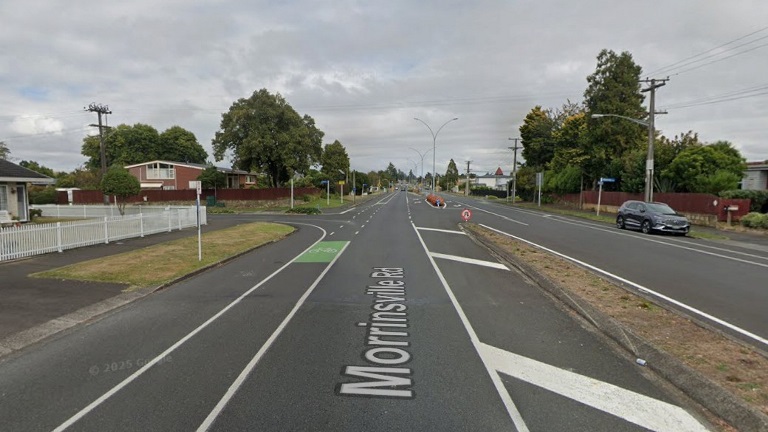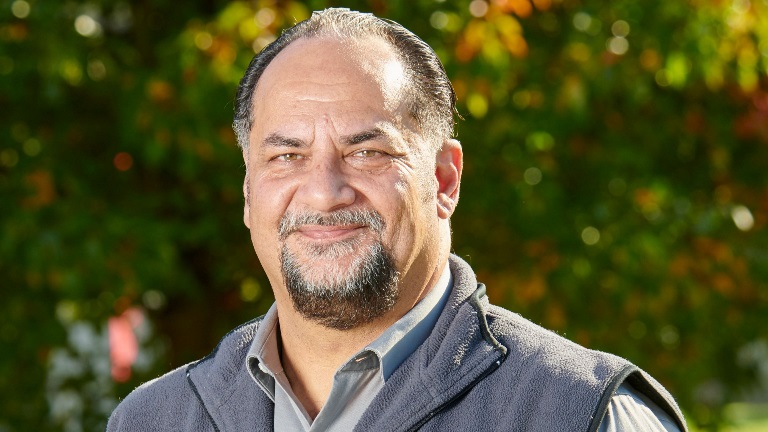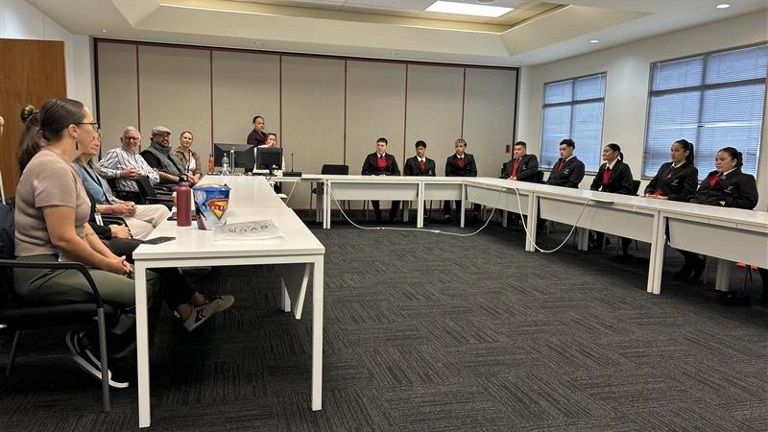The changes to water services that Government is asking councils to make are long term and will take a number of years for us to realise the benefits.
One of the main objectives for the changes is to increase opportunities for economies of scale. By working together, such as through a joint Council-Controlled Organisation (CCO), councils will be able to have greater buying power, work together on projects that affect both councils, be more attractive to suppliers and get efficiencies from shared systems. This is what we are looking at setting up with Hamilton City Council.
“In terms of how the new organisation would operate, there are clear long-term benefits through increased effectiveness”, explains Waikato District Council Chief Executive Gavin Ion.
“We need an option that creates a stable and secure operating environment, which supports long-term decision-making and is resilient against fluctuations in political cycles. This is just as big a factor as the need to maintain high levels of service and being able to respond to emergency situations.”
As a result of working with Watercare in recent years, Waikato District Council has already done a lot to significantly improve operational efficiencies and reduce costs. But a focus on costs is a key criteria for the decision-making process, as well as the ability to smooth capital investment out over the long-term, in order to manage the impact of costs to ratepayers.
Gavin Ion says that ratepayers shouldn’t expect water changes to mean good news in terms of rates increases for a while yet.
“Making water services more affordable to ratepayers is the ultimate long-term goal. As the price of everything we buy goes up – not only water service delivery costs – we can expect to see increases continue. But our goal is always to do whatever we can to keep those rises in check. We must choose the water services delivery option that we feel will best help us achieve all these outcomes for our communities.”
Further details about future long-term financial impacts will be shared as part of the consultation process in April and May this year.



